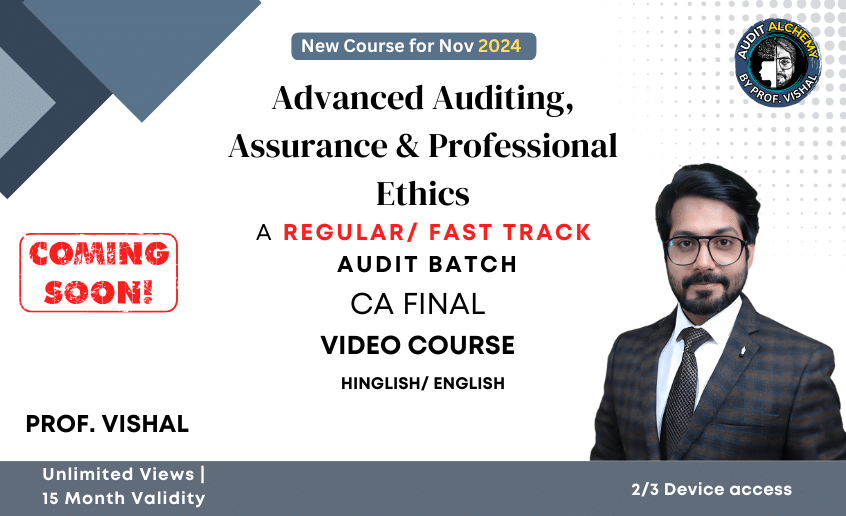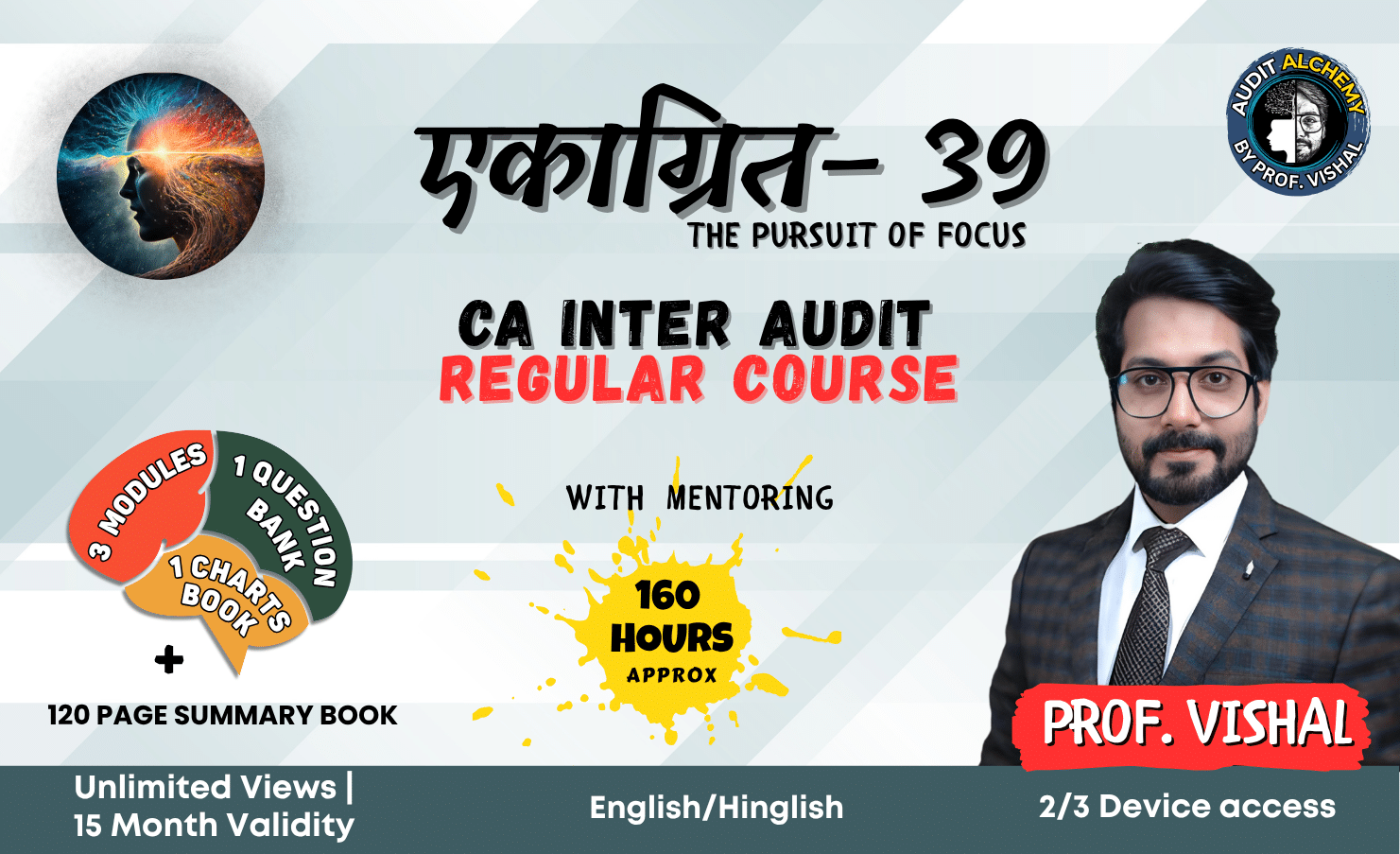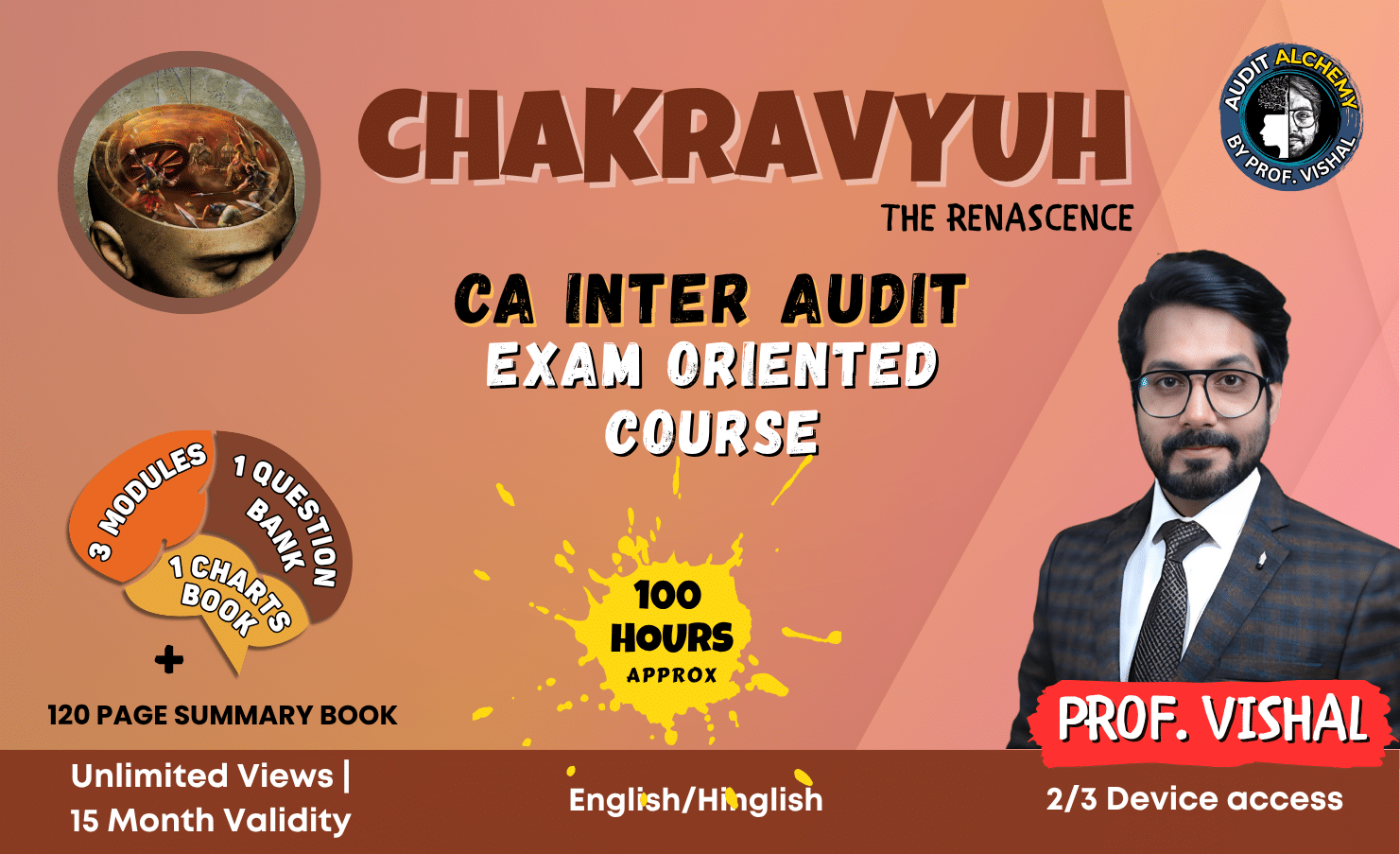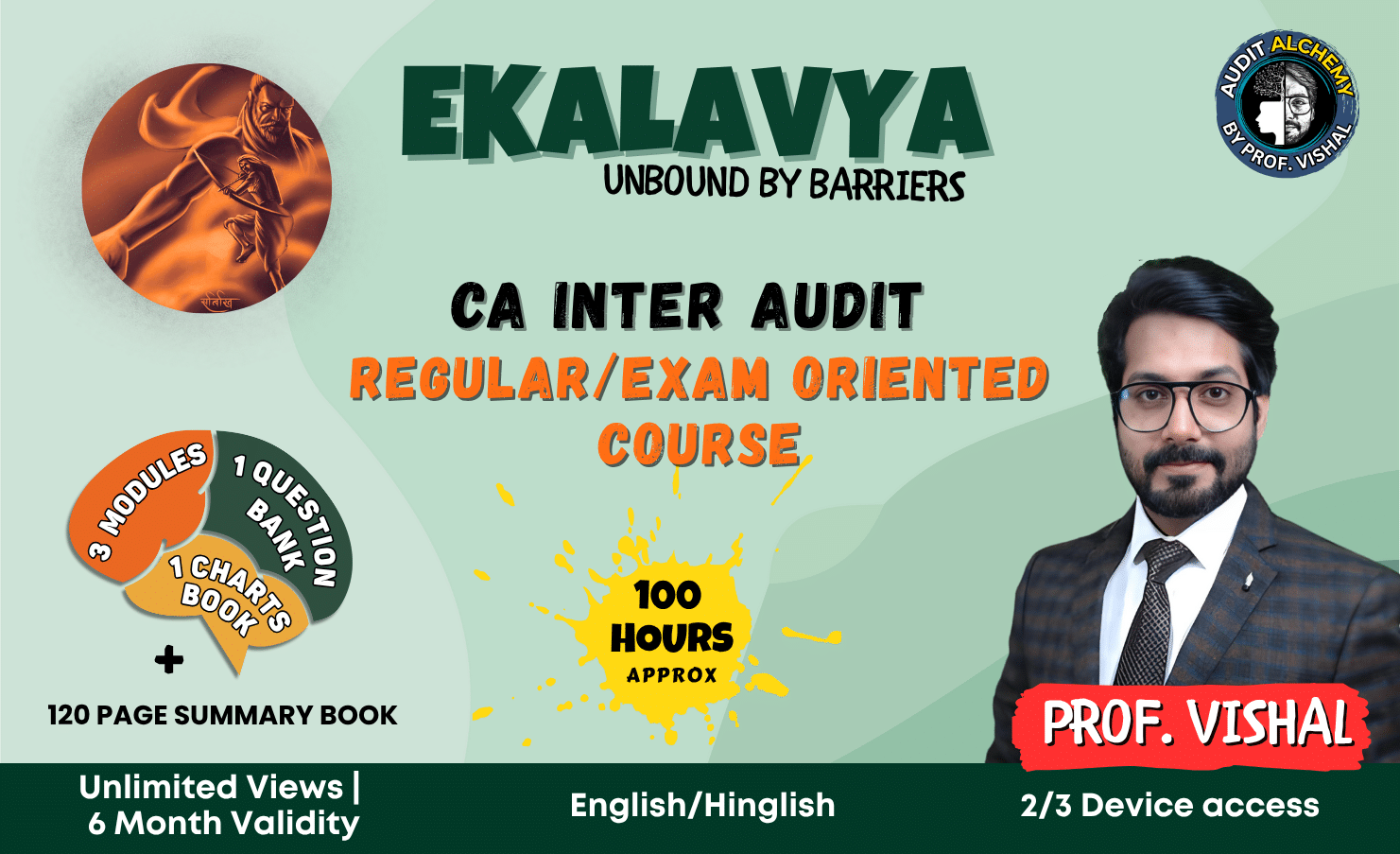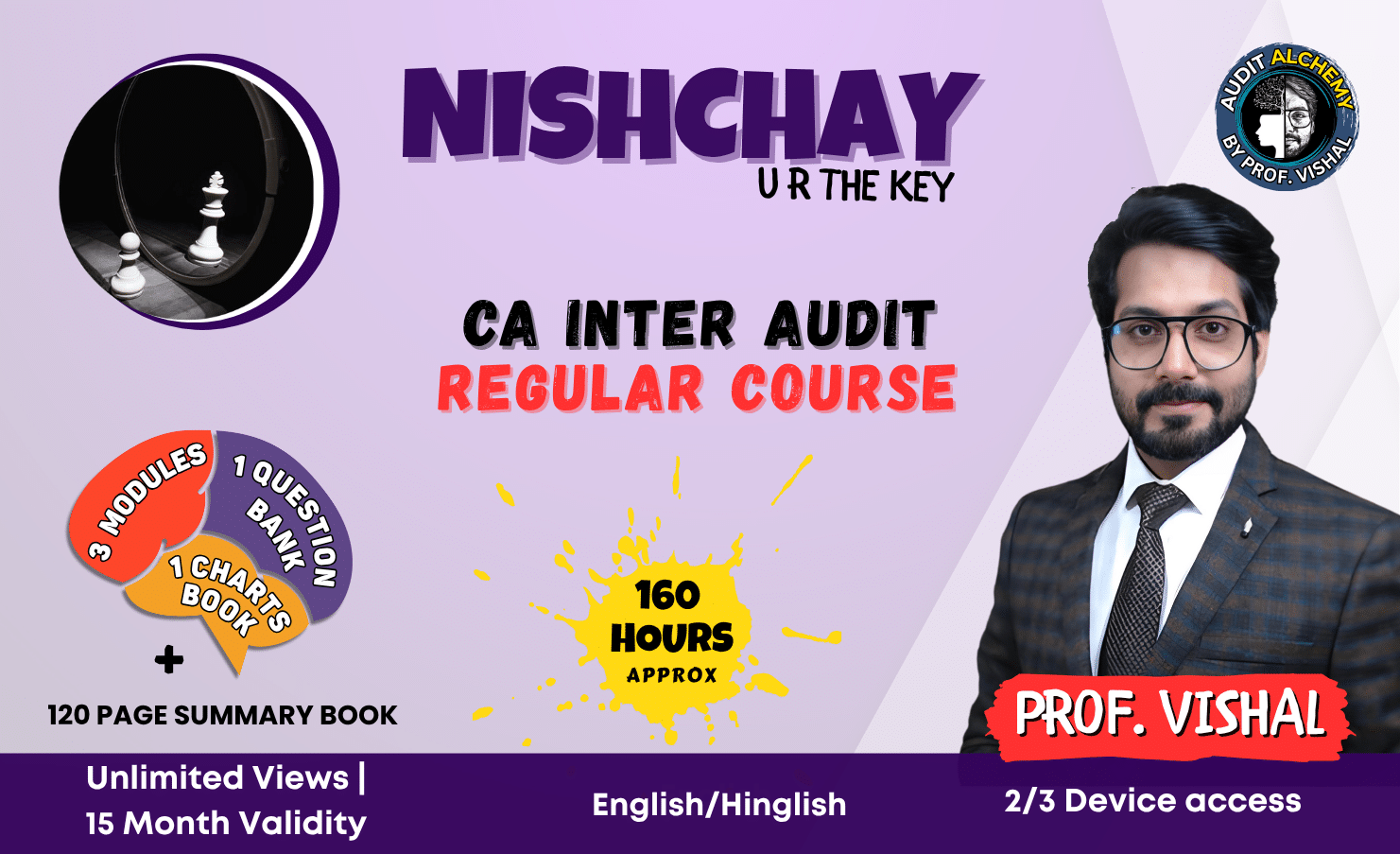First go through eligibility criteria
- Education Qualification: You must have passed the 12th standard examination from a recognized educational board in India or abroad.
- Minimum Marks: There is no overall minimum percentage requirement for CA Foundation registration, but you must meet subject-specific marks criteria set by ICAI.
Below is a detailed guide outlining the process of becoming a Chartered Accountant after finishing 12th grade:
- Select the Commerce stream: In high school (10th grade), opt for the Commerce stream as it is the most suitable stream for aspiring Chartered Accountants. Commerce subjects such as Accountancy, Economics, and Business Studies will provide a solid foundation for your CA studies.
- Register for a CA Foundation course: After completing your 12th standard, you can register for the CA Foundation course. Registration for the course is done through the Institute of Chartered Accountants of India (ICAI), the governing body for CAs in India. You can find the registration details on the ICAI website.
- Appear for CA Foundation Examinations: The CA Foundation exams are conducted twice a year, usually in April and September. After completing the CA Foundation course, you can appear for the exams in the respective session.
The CA Foundation course consists of four subjects, which are divided into two groups. The subjects and syllabus are:
CA Foundation Syllabus (Level 1)
Paper 1: Accounting – 100 Marks
Paper 2: Business Law, Business Correspondence & Reporting– 100 Marks
Paper 3: Quantitative Aptitude – 100 Marks
- Part A: Business Mathematics (40 Marks)
- Part B: Logical Reasoning (20 Marks)
- Part C: Statistics (40 Marks)
Part 4: Business Economics (100 Marks)
- Register for CA Intermediate Course: Upon clearing the CA Foundation exams, you can enroll in the CA Intermediate course. The Intermediate course has two groups, and it covers a more in-depth understanding of accounting, auditing, taxation, and other related subjects.
- Appear for CA Intermediate Examinations: Once you complete your Articleship training and study the CA Intermediate course, you can appear for the CA Intermediate examinations. These exams are also held twice a year, typically in May and November.
CA Intermediate Papers (Level 2)
The CA intermediate comprises of following major subjects:
Paper 1: Accounting (100 Marks)
2nd Paper: Corporate & Other Laws (100 Marks))
- Part 1: Company Law (60 Marks)
- Part 2: Other Laws (40 Marks)
Paper 3: Cost & Management Accounting (100 Marks)
Paper 4: Taxation (100 Marks)
- Section A: Income Tax Law (60 Marks)
- Section B: Goods & Services Tax (40 Marks)
Paper 5: Advanced Accounting (100 Marks)
Paper 6: Auditing & Assurance (100 Marks)
Paper 7: Enterprise Information Systems & Strategic Management (100 Marks)
- Section A: Enterprise Information Systems (50 Marks)
- Section B: Strategic Management (50 Marks)
Paper 8: Financial Management & Economics for Finance (100 Marks)
- Section A: Financial Management (60 Marks)
- Section B: Economics for Finance (40 Marks)
- Complete Articleship Training:
- Before appearing for the CA Intermediate examinations, you need to complete a mandatory practical training called “Articleship.” During Articleship, you will work as an intern at a CA firm or under a practicing CA for a specific period, as per the ICAI guidelines.
- Register for the CA Final Course:
- After clearing the CA Intermediate exams and completing the required period of Articleship, you can register for the CA Final course.
- Get ready for the CA Final exams:
- The CA Final course covers advanced topics in accounting, taxation, auditing, and other related areas. Prepare thoroughly for the CA Final examinations.
CA Final Papers (Level-3)
The CA Final comprises of following major subjects:
Paper 1: Financial Reporting (100 Marks)
Paper 2: Strategic Financial Management (100 Marks)
Paper 3: Advanced Auditing & Professional Ethics (100 Marks)
Paper 4: Corporate & Economic Laws (100 Marks)
- Section A: Corporate Law (70 Marks)
- Section B: Economic Law (30 Marks)
Paper 5: Strategic Cost Management & Performance Evaluation (100 Marks)
Paper 6: Elective Subjects (100 Marks)
- Risk Management
- International Taxation
- Financial Services & Capital Markets
- Economic Laws
- Multidisciplinary Case Study
- Global Financial Reporting Standards
Paper 7: Direct Tax Laws & International Taxation (100 Marks)
- Part 1: Direct Tax Laws (70 Marks)
- Part 2: International Taxation (30 Marks)
Paper 8: Indirect Tax Laws (100 Marks)
- Part 1: Goods & Service Tax (75 Marks)
- Part 2: Customs & FTP (25 Marks)
Appear for CA Final Examinations
The CA Final exams are held twice a year, usually in May and November. After adequate preparation, you can appear for the CA Final exams.
Complete General Management and Communication Skills (GMCS)
Before obtaining membership as a CA, you need to undergo GMCS training, which focuses on enhancing your communication and managerial skills.
Become a Member of ICAI
After successfully clearing the CA Final examinations and completing the GMCS training, you can apply for membership with the Institute of Chartered Accountants of India (ICAI). Upon approval, you will become a qualified Chartered Accountant.
The journey to becoming a CA requires dedication, hard work, and commitment. It is a challenging but rewarding career path that opens various opportunities in the fields of accounting, finance, taxation, and auditing.
About ICAI:
Institute of Chartered Accountants of India (ICAI) is India’s largest professional accounting body under the administrative control of Ministry of Corporate Affairs, Government of India. It was established on 1 July 1949 as a statutory body under the Chartered Accountants Act, 1949 enacted by the Parliament for promotion, development and regulation of the profession of Chartered Accountancy in India.






